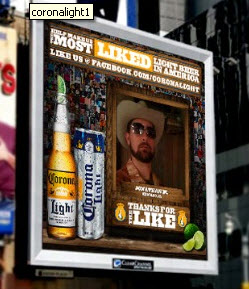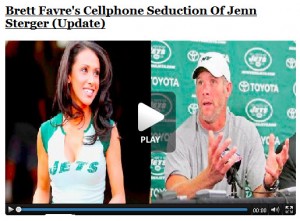A Site 4 Next Generation Business Leaders.
High level departures. Those of us in the business world are fascinated by them. Who is being forced out at the Tribune Company? Which chief software architect is leaving Microsoft? What CEO is taking fire at one of the world’s largest web portal? Companies with massive high level departures are seen as damaged companies. And markets move based on this type of intell.
But what is the opposite of high level departures? Mid-level hires? The hiring of really smart people on their way up? Employees with a bullet, on top of their games, destined to change markets? Yup. These mid-level executives, very much appreciated by their companies, don’t get celebrated publically. Oh, they want the notoriety but they keep their heads down. Not blow-hard bloggers, they work their asses off, pay their dues, get smart on everyone else and wait for the payday. By the time they get noticed in the press, they’ve already made their moves. The human resources people and head hunters who find these people early on are the real heroes.
We need a website that caters to this business segment. It’s a perfect online community: active, aggressive, engaged. But anonymity is a key. Perhaps this community is sponsored by a recruitment company and all posts are anonymous. Only the site owner can identify the participants. OnTheirWayUp.com? It’s experiential not narrative…and the perfect place for mid-level over-achievers to get noticed early. “I yike it,” as my kids used to say. Peace!








